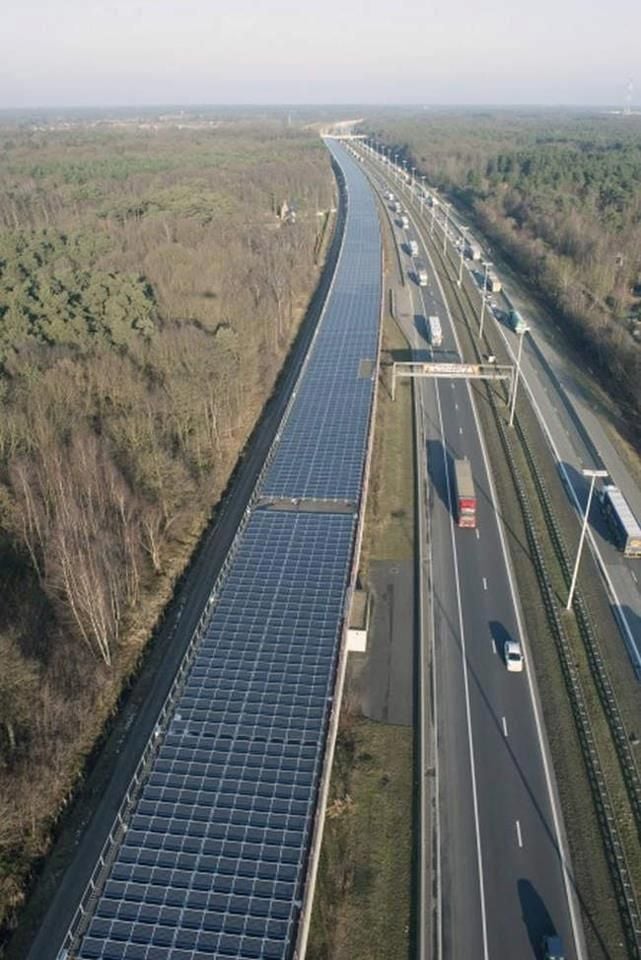In some parts of the United States, customers are allowed to choose their electricity or gas provider through what is called a deregulated energy market. This creates competition and gives businesses and households the chance to shop for better rates. However, in rare cases, a supplier may leave the market either because they go out of business or because they decide to stop serving your area. This can be stressful, especially if you are not sure what happens next.
The first thing to know is that your electricity or gas will not be cut off. In most states, you will be automatically transferred to a backup provider known as the provider of last resort. This is usually a utility company or a temporary service that guarantees you keep receiving energy. However, these backup rates can be higher and are not meant for long term use.
As soon as you are notified that your provider is leaving, you should start comparing other options in your area. Do not wait too long because some contracts take a few days to activate. You can use online comparison tools or speak to an energy broker who can help you find the most competitive rate based on your needs. If you had a fixed-rate contract with your old provider, keep in mind that your new plan might be different in price or terms.
Make sure to read the new contract carefully before signing anything. Look for things like the length of the agreement, if there are cancellation fees, and whether the rate is fixed or variable. Some suppliers may offer welcome discounts but increase the rate later so it is important to ask questions and review the fine print.
Also, remember to track your final bill with the old provider. You should receive a closing statement that shows your last meter reading and any balance due or refund owed. Keep that document in case you need to dispute charges or for your records.
If this process feels overwhelming or you are managing energy for multiple locations, working with a broker might be a smart choice. They can help you avoid rushed decisions, handle the paperwork, and make sure you are not overpaying during the transition.
In short, losing your energy provider is not the end of the world. With a little preparation and support, you can quickly find a new supplier that keeps your costs under control and your operations running smoothly.


